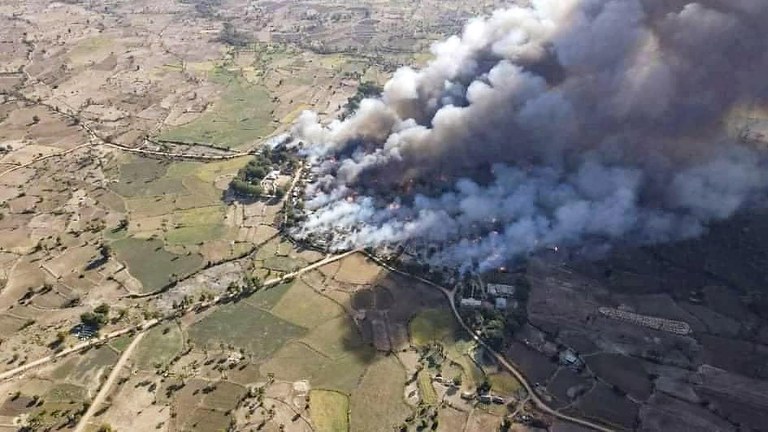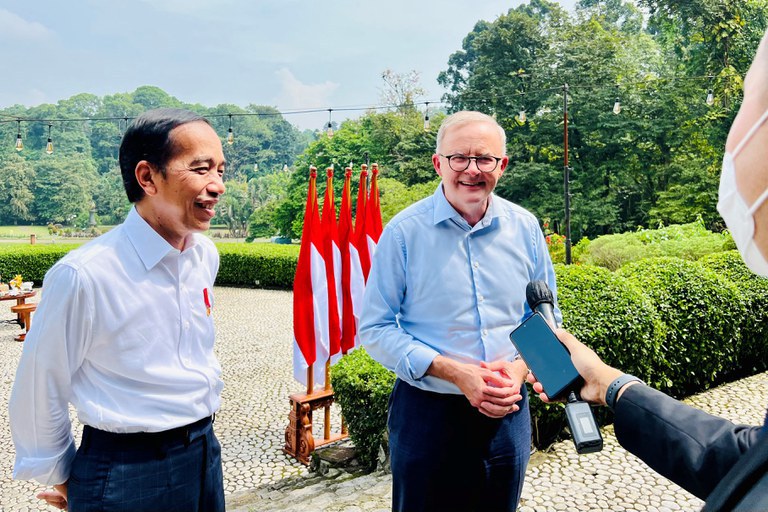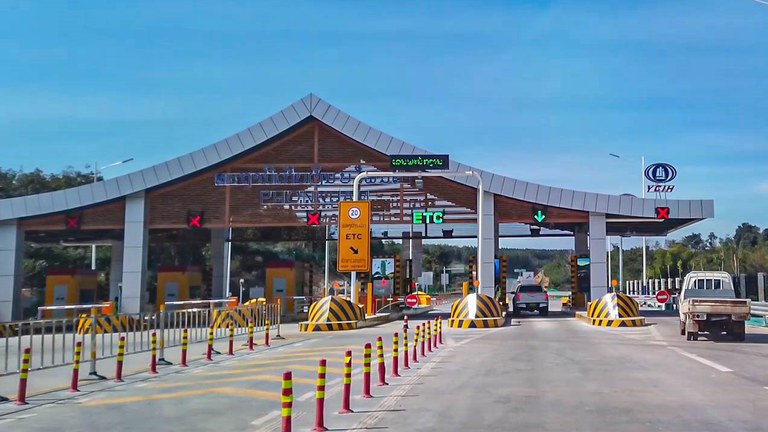Myanmar’s junta vows to proceed with high-profile executions
The court-ordered executions of four Burmese prisoners, including a deposed lawmaker and a prominent former activist sentenced to death for “terrorism,” will be carried out despite widespread international criticism, a junta official said Tuesday. Junta deputy information minister, Maj. Gen. Zaw Min Tun, rejected the possibility for pardons in the four cases, which are part of a surge in death sentences under martial law in Myanmar. Since taking over in a coup last year, the military has transferred the authority to try cases of civilians to special or existing military tribunals, resulting in what rights groups say are summary proceedings with no chance of appeal. Former National League for Democracy (NLD) lawmaker Phyo Zeyar Thaw and 88 Generation leader Ko Jimmy were sentenced to death for violating the country’s Anti-Terrorism Law. Two other men — Hla Myo Aung and Aung Thura Zaw — were sentenced to death in Yangon region’s Hlaing Tharyar township on charges of murder. All four lost appeals of their cases last week. “The death penalty will be implemented,” Zaw Min Tun told RFA’s Burmese Service. “They will not be pardoned. We have finished the process all the way up through the appeals,” he added, when asked whether junta chief, Snr. Gen. Min Aung Hlaing, would consider staying their executions. Zaw Min Tun said the four men had been transferred to the custody of the junta’s Prison Department, which is now responsible for their cases. According to the junta, Phyo Zeyar Thaw and Ko Jimmy maintained contact with Myanmar’s shadow National Unity Government (NUG), the Committee Representing the People’s Parliament (CRPP), and other organizations labeled “terrorist groups” by the military regime and had carried out “acts of violence.” The two men were sentenced to death by a military tribunal on Jan. 21. The four death sentences, as well 111 others that have been handed down by junta courts between the military’s Feb. 1, 2021, coup, and May 19 this year, have drawn criticism from legal experts and rights groups, who say the regime is threatening the public with unfair executions. The United Nations, Washington, Ottawa, and Paris have issued statements strongly condemning the decisions in the cases now proceeding to execution, although the Association of Southeast Asian Nations (ASEAN) — of which Myanmar is a member state — has yet to respond. Thailand-based rights group Assistance Association for Political Prisoners (Burma), which claims junta security forces have arrested 14,032 people between the start of the coup and June 7 this year – 10,976 of whom it says remain in detention – issued a statement Monday calling on the U.N., ASEAN, and the rest of the international community to intervene in the cases. The junta’s Foreign Affairs Ministry recently responded to the statements by the U.N. and Western governments, accusing their authors of “condoning acts of terrorism.” Waging ‘psychological warfare’ Kyaw Htwe, a member of the NLD’s Central Executive Committee, echoed concerns that the junta is using the sentences as a warning to its opponents in an interview with RFA on Tuesday. But he said proceeding with the executions could ultimately harm the regime itself. “I think the junta is using the [threat of the] death penalty of the four men, including Ko Jimmy and Ko Phyo Zeyar Thaw, to wage psychological warfare against the armed resistance and the people,” he said. “They are testing the limits. They have crossed the line and made an irrational decision, which required presidential orders and involved several steps of appeal. If they stupidly implement this decision, they will face a strong response from the domestic and international communities.” Kyaw Htwe said the junta’s administrative, legislative and judicial decisions are all “illegal,” because it is an illegitimate government that seized power through force. However, he didn’t provide clarification on how the NLD intends to respond to the death sentences. NUG Human Rights Minister Aung Myo Min said the junta lacks the judicial authority to issue execution orders, which require an in-depth and transparent process to avoid wrongful convictions. “We cannot trust the junta’s tribunal, courts, and sentencing. They are murdering innocent civilians and view all democracy activists as the enemy,” he said. “[Proceeding with execution] is the wrong decision, both in terms of human rights and rule of law.” High-stakes bluff A Yangon-based attorney, who spoke to RFA on condition of anonymity, said he believes the execution orders are a bluff by the military regime as part of a bid to extract some sort of concession from the international community. “After reviewing all factors, I conclude that it is very unlikely they will carry out the execution order,” he said, adding that it is likely the junta wants to use the cases “as a bargaining chip for political reasons.” “Given the fact that the world is protesting these orders, and that the decisions are in violation of international and domestic laws, they will face severe consequences if they proceed.” However, political analyst Than Soe Naing told RFA that the junta, which the AAPP says has killed more than 1,900 civilians since the coup, has demonstrated over the past 16 months that it has little regard for the sanctity of human life. “They might reconsider if the international community appeals to them courteously,” he said. “Otherwise, I think they would actually hang Ko Jimmy and Phyo Zeyar Thaw, as they are little more than a group of thugs.” In its latest annual report covering the judicial use of the death penalty for the period January to December 2021, London-based rights group Amnesty International found that dozens of people were “arbitrarily sentenced to death” by Myanmar’s military tribunals, “several without the defendants being present, in what was widely perceived as a way to target political opponents and protestors.” The group said that prior to February 2021, Myanmar’s known death sentences were sporadically imposed for murder and usually commuted through mass pardons. However, the yearly average for the years 2017-2020 had remained lower than 10. The last execution in Myanmar — that of student leader Salai Tin Maung…





